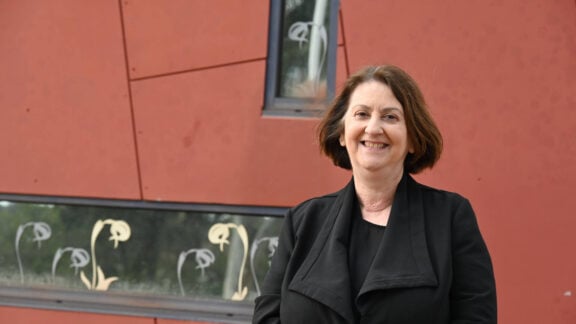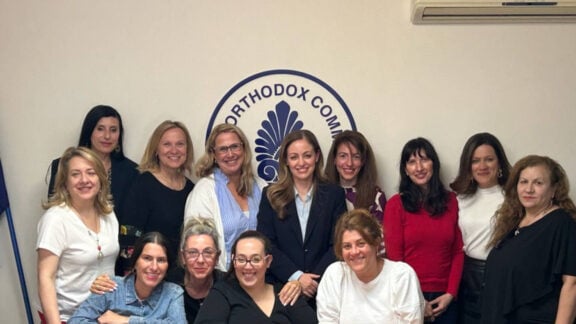As on other Sunday afternoons with considerable regularity, New York’s Lou Katsos hosted an online panel under the auspices of the East Mediterranean Business Cultural Alliance (EMBCA). On January 15 of this year, the subject centered on the Greek Diaspora Vote and Engagement with the Hellenic Republic. The panel included several Greek Americans (including your author), two current or former Greek parliamentarians (though one did not attend), and Melbourne’s own Fotis Kapetopoulos.
While the panel’s topic focused on the current Diaspora Vote Proposal to allow Greek citizens abroad to vote (provided that they have certain residential ties with Greece) for separate Diaspora deputies (rather than vote at their domiciled Greek registration), the conversation naturally moved away from discussing the details of the current chaotic proposal (where less than four thousand applications have been approved), to a more holistic discussion of the Diaspora’s role and engagement with the Hellenic homeland, and, crucially, with itself.
The modern Greek state, which just celebrated its bicentennial, has had a complicated relationship with its Diaspora. The Greek Revolution itself was conceived and began in the Diaspora, and whenever in danger, the Diaspora was ready to give its blood and treasure to Greece. At the same time, the Greek state often actively disintermediated its Diaspora, exhibiting some of the same clientelist behaviors as its Ottoman predecessor, which itself spurred more Greeks to become part of the Diaspora.
The current situation where Greek nationals abroad are unable to vote when so many other countries in Europe or elsewhere (including the United States and Australia) give their citizens such a right might be considered such a case of Greek government disintermediation. This is a situation which requires an active discussion with the Diaspora, and, most importantly, among the Diaspora. And not just on this subject.
The Diaspora vote is just one topic of Diaspora engagement that must take place, in a manner where the Diaspora is engaging itself, and among itself rather than solely reacting to Greek initiatives. Given the Diaspora’s history, diversity, and strength, it should not be the spokes to Greece’s hub, it must have its own communication and engagement, both with Greece/Cyprus, but also with other Diaspora hubs. That is why communication across the Diaspora, organizationally and individually, must take place.
It is time for the Diaspora to be conscious of its history, the initiatives we have done in the past, and our power. It is time to approach Greece as citizens with rights, asking hard and direct questions, rather than supplicants seeking selfies. Unfortunately, Greece prefers sending out representatives to be wined and dined, while Greek politicos tell a supplicating Diaspora how they are “more Greek than the Greeks in Greece.” Tough questions from informed and empowered Diaspora Greeks are the last thing the Greek government seems to want. It is probably why one of the invited Greek parliamentarians did not attend our panel in spite of his confirmation.
The Diaspora is full of empowered individuals successful in their countries, who remain proud to be Greeks, and represent Greece (either literally or figuratively) in ways large and small, and in ways Greeks in Greece cannot. Greece has not leveraged such people, with global skills, including soft skills sometimes absent in the homeland. As in times past, before there was an independent Greece, we must leverage our own strengths, and approach Greece from this position of strength.









